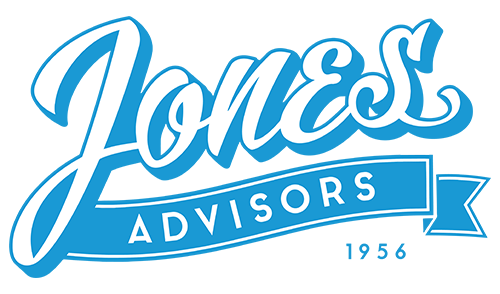
The IRS announced changes to the 2018 annual limitation on HSA contributions by individuals with family coverage under a high deductible health plan (HDHP). The annual limit for individuals with self-only coverage under an HDHP remains unchanged.
This is important, especially if someone has already contributed the entire amount for 2018 or has an amount being withheld from their pay check that would add up to that amount over the course of this year.
When the 2018 information was released last fall, the maximum contribution to HSAs was limited to $3,450 for someone with self-only coverage and $6,900 for those with family coverage. Last Tuesday, the IRS announced (via Rev. Proc. 2018-18) a change in the maximum contribution amount that an individual with family HDHP coverage could make for 2018, lowering the amount to $6,850 – a drop of $50 for the year.
This is important, especially if someone has already contributed the entire amount for 2018 or has an amount being withheld from their pay check that would add up to that amount over the course of this year.
Failure to fix this would mean penalties for excess contributions, so there are two fixes available:
- Per the IRS, in the event an employee has already contributed more than the new 2018 maximum, he or she may request a taxable withdrawal of the excess from the HSA custodian to avoid tax penalties.
- If the amount is being contributed over the course of 2018 via pay check withholding, a change should be made now to adjust that withholding amount to avoid exceeding $6,850 for 2018.
Please note that this does not impact catch-up contributions allowed for individuals who turn 55 years of age by the end of 2018.

